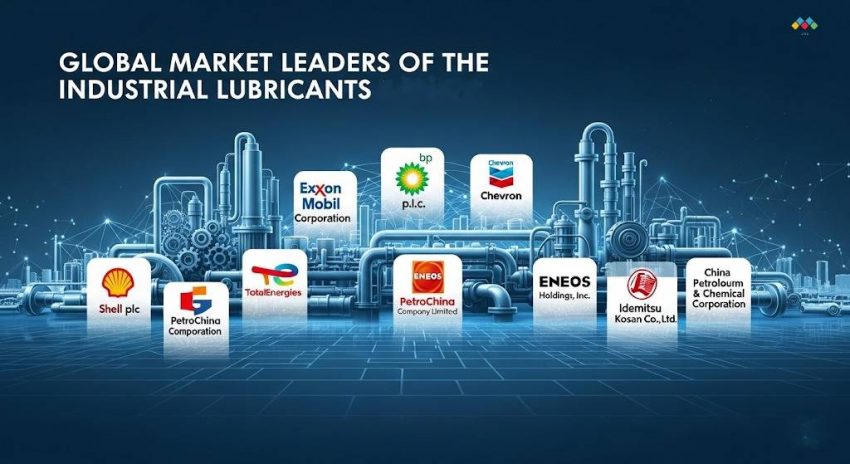As industrial operations scale and become more complex, the role of high-performance lubricants becomes increasingly strategic. Today’s industrial lubricants aren’t just about reducing friction—they’re designed to extend equipment life, boost energy efficiency, and align with sustainability goals. Industrial lubricants manufacturers play a critical role in keeping machines running smoothly, efficiently, and sustainably. From heavy-duty manufacturing plants to precision-based automotive systems, the demand for high-performance lubricants continues to rise. Across industries like automotive, manufacturing, construction, and energy, lubricant manufacturers are innovating rapidly to meet application-specific demands.
The Evolving Role of Lubricant Manufacturers
Gone are the days when a one-size-fits-all oil would do the job. Modern industrial lubricants are formulated with advanced base oils and additive technologies tailored to specific operating conditions—be it high-load gearboxes in mining, temperature-sensitive hydraulic systems in food processing, or eco-friendly applications in forestry. Manufacturers are now more than product suppliers—they’re technical partners offering turnkey solutions, fluid monitoring services, and performance consulting.
What Industrial Buyers Are Really Looking For
Today’s procurement managers, maintenance engineers, and plant heads expect more than just a product spec sheet. The top lubricant manufacturers are those that can deliver application support, OEM-compliant products, energy-saving formulations, and long-drain service life. Reliability, quality consistency, timely logistics, and regulatory compliance are key decision factors. Buyers also look for total lifecycle value—products that reduce machine downtime, cut maintenance costs, and optimize operational efficiency.
Sustainability and the Push for Eco-Friendly Lubricants
As industries become more conscious of their environmental footprint, there’s a noticeable shift toward biodegradable, non-toxic, and bio-based lubricants. Manufacturers are stepping up with greener alternatives, investing in R&D to meet global sustainability standards such as REACH, EPA, and ISO 14001. Re-refined base oils and closed-loop oil management systems are also gaining ground, helping industries minimize waste and improve environmental compliance.
Global Footprint: Regional & Global Leaders
The industrial lubricants market is global, but regional dynamics play a strong role. Asia-Pacific, led by China, India, and Japan, holds the lion’s share of production and consumption due to booming manufacturing and construction activities. Europe is at the forefront of eco-innovation, while North America remains strong in high-viscosity synthetics and heavy-duty lubricants.
Among the dominant manufacturers shaping the industry are Shell plc (UK), Exxon Mobil Corporation (US), BP p.l.c. (UK), Chevron Corporation (US), TotalEnergies SE (France), PetroChina Company Limited (China), ENEOS Holdings, Inc. (Japan), China Petroleum & Chemical Corporation (China), and Idemitsu Kosan Co., Ltd. (Japan).
Notably, RHI Magnesita—primarily known for its high-temperature materials and industrial refractory solutions—has expanded into allied products and services that influence lubrication and thermal management systems in heavy industries like cement, steel, and glass. Their expertise supports equipment longevity and performance optimization, making them a valuable player in this ecosystem.
Future Outlook: Digitalization and Smart Lubricants
Technology is reshaping how industrial lubricants are managed and used. Smart sensors and real-time oil monitoring are enabling predictive maintenance, reducing unplanned downtime, and ensuring optimal lubricant performance. Manufacturers are exploring AI-driven diagnostics and digital platforms to help industries transition from reactive maintenance to proactive, data-led asset management.
Download PDF Brochure :
Industrial lubricants manufacturers today are more than vendors—they are strategic enablers of performance, sustainability, and reliability. As the pressure to optimize operations intensifies, choosing the right lubrication partner will be central to industrial success. With a growing emphasis on customized solutions, digital integration, and environmental responsibility, these manufacturers are not just keeping machines running—they’re helping industries run smarter and greener.

